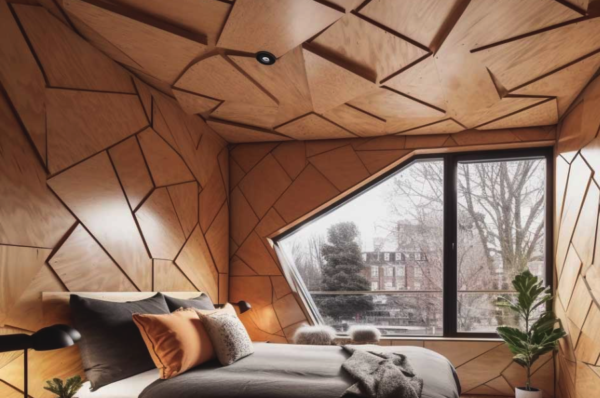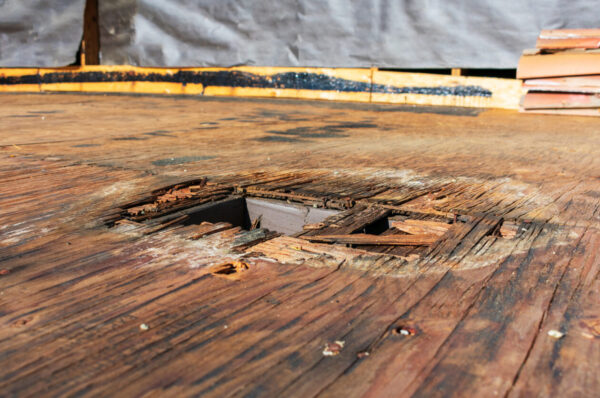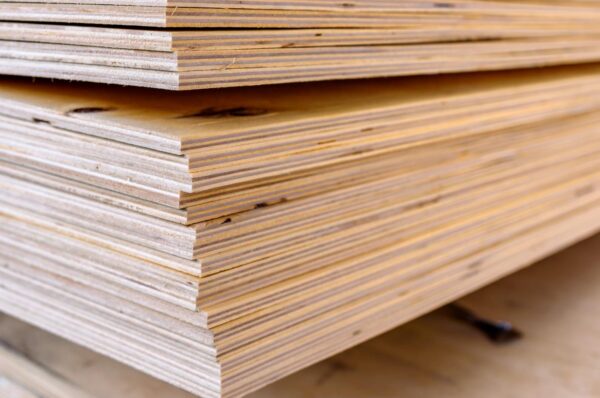When planning construction or furniture projects in Ahmedabad, India, understanding the factors that influence plywood prices is essential for budgeting and decision-making. In this comprehensive guide, we explore the key factors that determine plywood prices in Ahmedabad. Whether you’re a contractor, builder, or homeowner, this article aims to provide valuable insights into the pricing dynamics of plywood, helping you make informed choices while considering your project’s financial aspects.
Plywood Grade:
Commercial Grade Plywood:
- Generally the most affordable option, suitable for non-structural and interior applications.
- Features lower-quality veneers and may have minor imperfections.
BWR/BWP Grade Plywood:
- Designed for applications that require resistance to moisture, such as kitchen cabinets and bathroom furniture.
- Features better-quality veneers and a higher level of water resistance.
Marine Grade Plywood:
- Highest quality plywood available, specifically manufactured for use in marine and exterior applications.
- Built to withstand moisture, humidity, and harsh weather conditions.
Veneer Quality:
Veneer Species:
- Different species of wood have varying costs, with rare or imported species generally being more expensive.
- Common veneer species in India include Gurjan, Poplar, Eucalyptus, and Hardwood.
Veneer Thickness:
- Thicker veneers contribute to the plywood’s overall strength and durability.
- Thicker veneers may lead to higher costs due to increased material usage.
Core Material:
Gurjan Core:
- Gurjan wood is known for its strength and durability, making it a preferred choice for high-quality plywood.
- Plywood with a Gurjan core tends to be more expensive due to the superior properties of this wood species.
Poplar or Eucalyptus Core:
- Plywood with a Poplar or Eucalyptus core is often more affordable while still offering satisfactory strength and stability.
- Suitable for interior applications where moisture exposure is limited.
Plywood Thickness:
- Thicker plywood is generally priced higher than thinner options due to the increased material cost.
- The choice of plywood thickness should be based on the specific application and load-bearing requirements of your project.
Brand and Reputation:
- Established and reputed plywood brands may command higher prices due to their consistent quality and reliability.
- Trusted brands often invest in research, development, and quality control processes, resulting in superior products.
Market Demand and Supply:
- Plywood prices can fluctuate based on market conditions, including demand and availability of raw materials.
- Factors such as economic conditions, construction trends, and government policies can influence market dynamics.
Tips for Budgeting Plywood Costs:
Plan Ahead: Determine the quantity and specifications of plywood required for your project to accurately estimate costs.
Obtain Multiple Quotes: Request quotes from different suppliers to compare prices and ensure competitive rates.
Quality Considerations: Balance your budget with the required quality standards for your project to avoid compromising on durability and performance.
Seek Expert Advice: Consult architects, contractors, or experienced professionals who can guide you in selecting the appropriate plywood within your budget.
Understanding the factors that determine plywood prices is crucial for effective budgeting and decision-making in Ahmedabad, India. By considering plywood grade, veneer quality, core material, thickness, brand reputation, and market dynamics, you can make informed choices that align with your project’s requirements and budget. With this comprehensive guide, you are now equipped to navigate the plywood pricing landscape and find the best plywood options at competitive prices in Ahmedabad.




